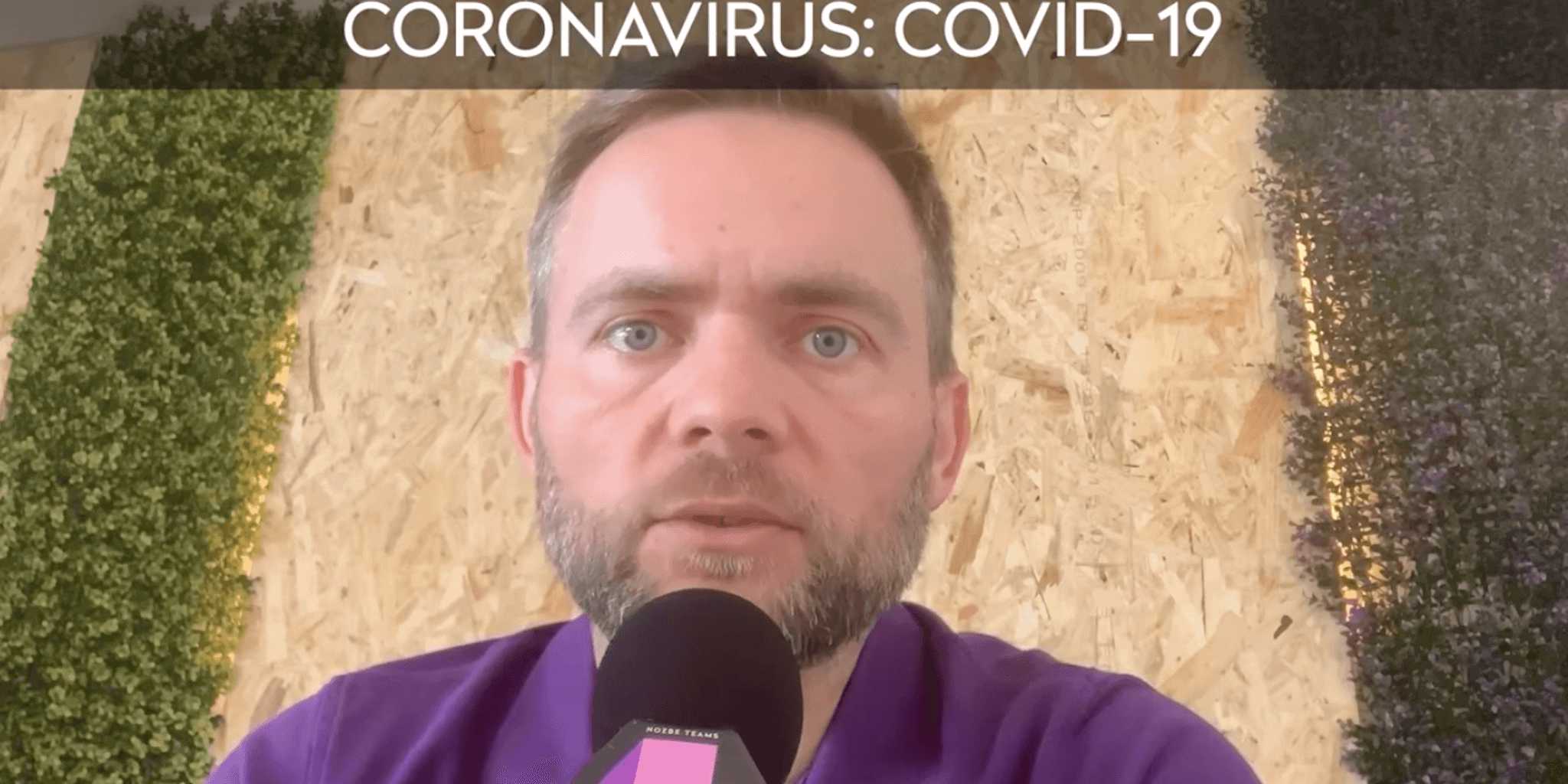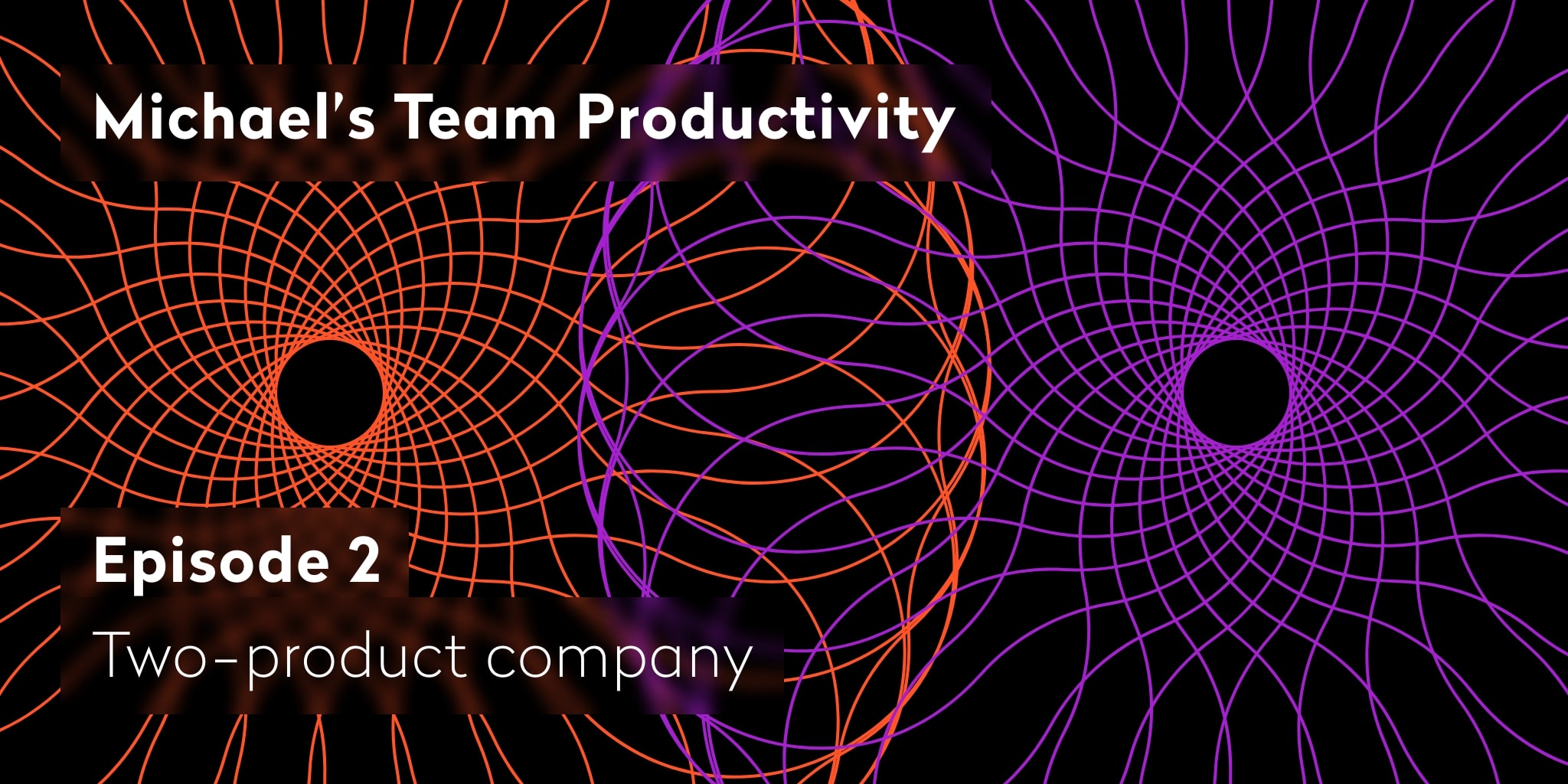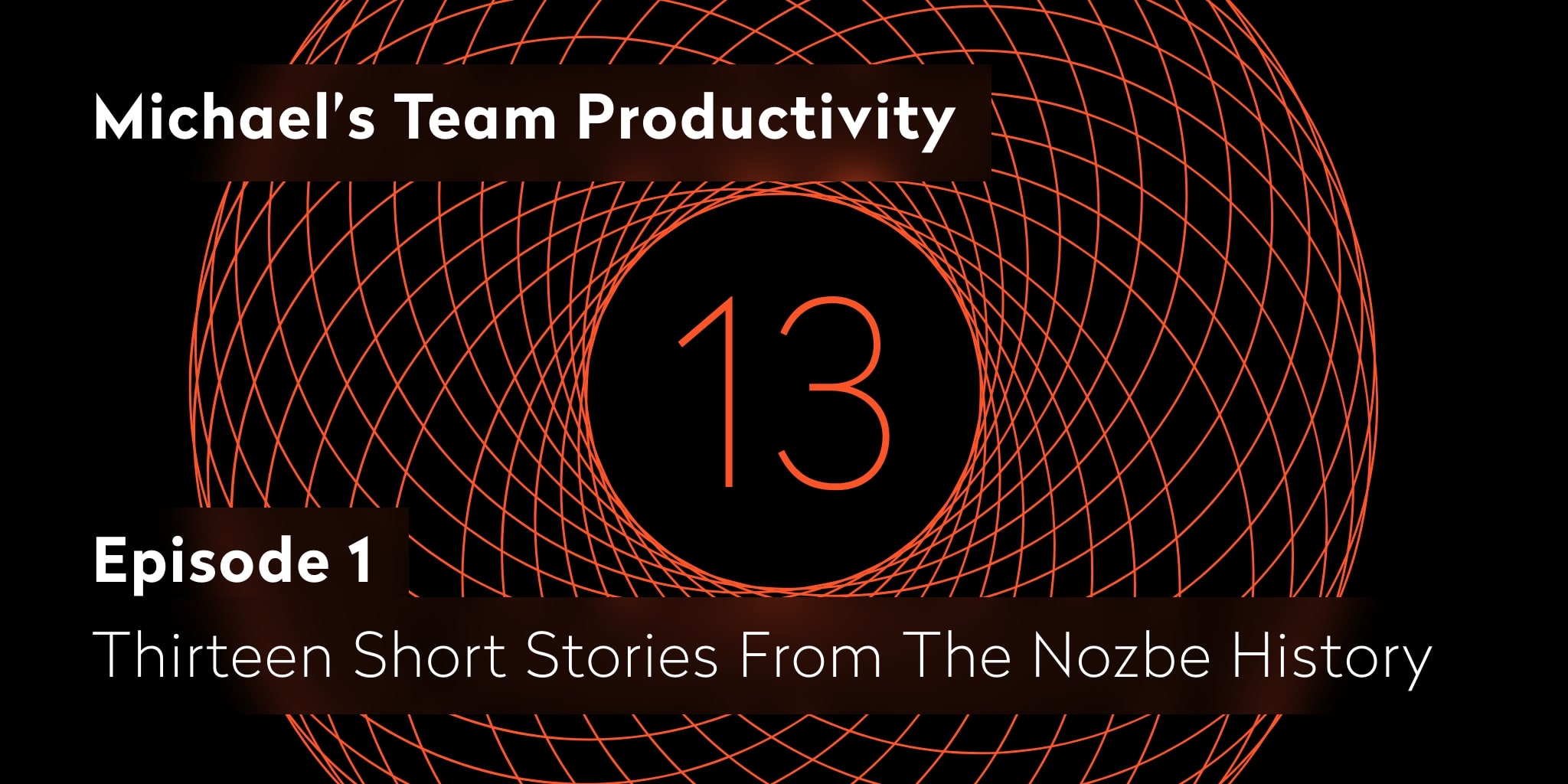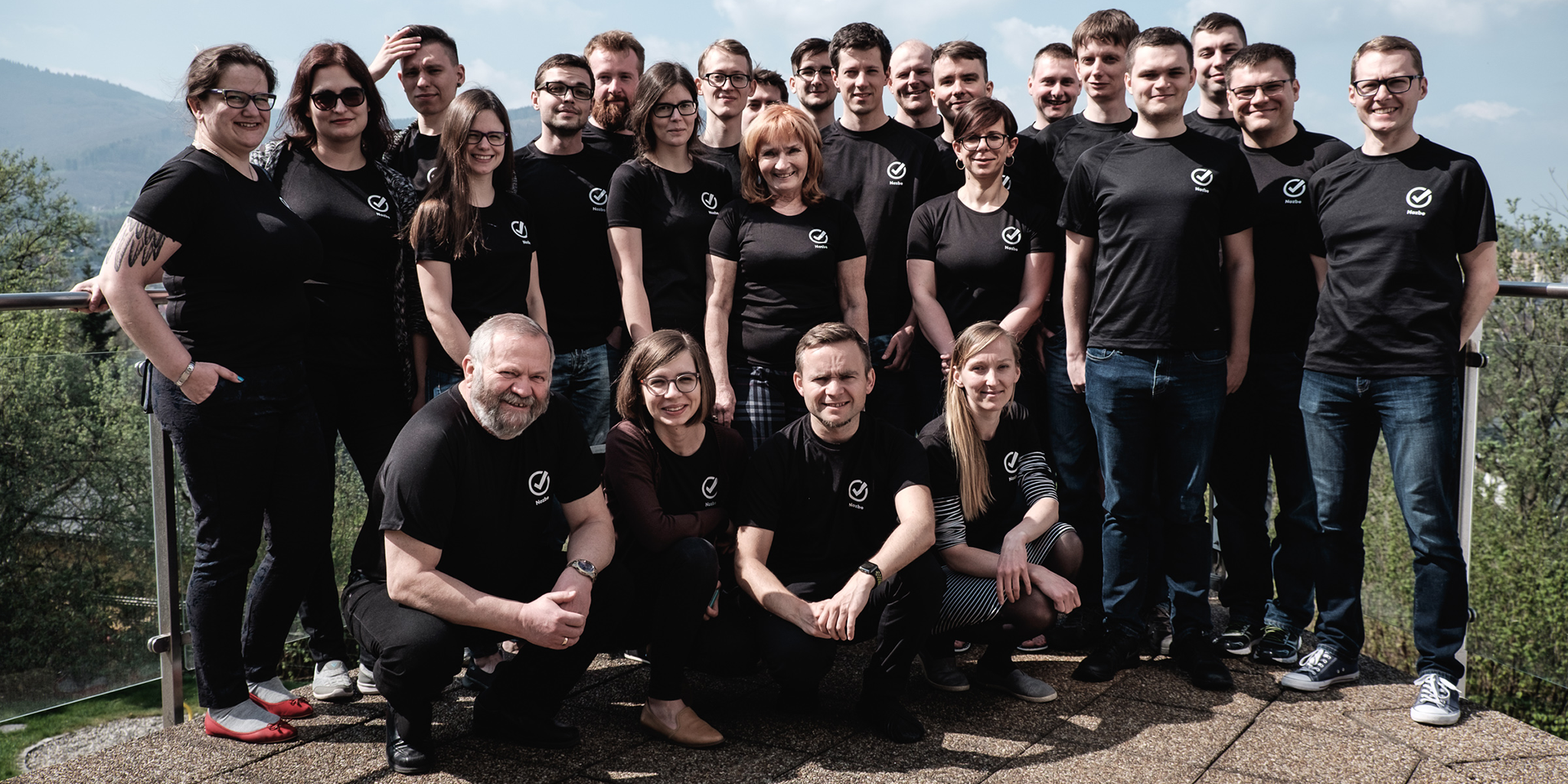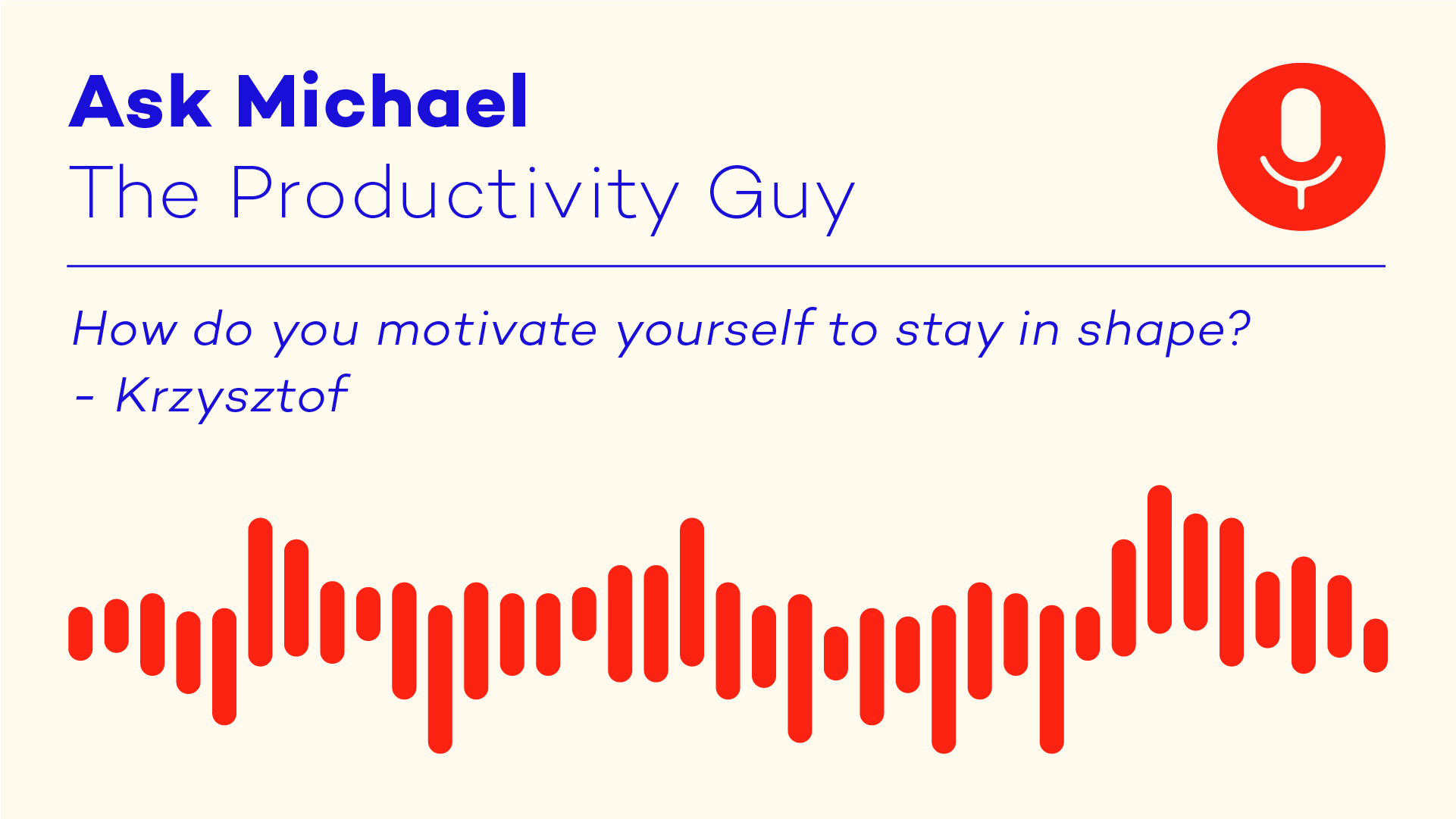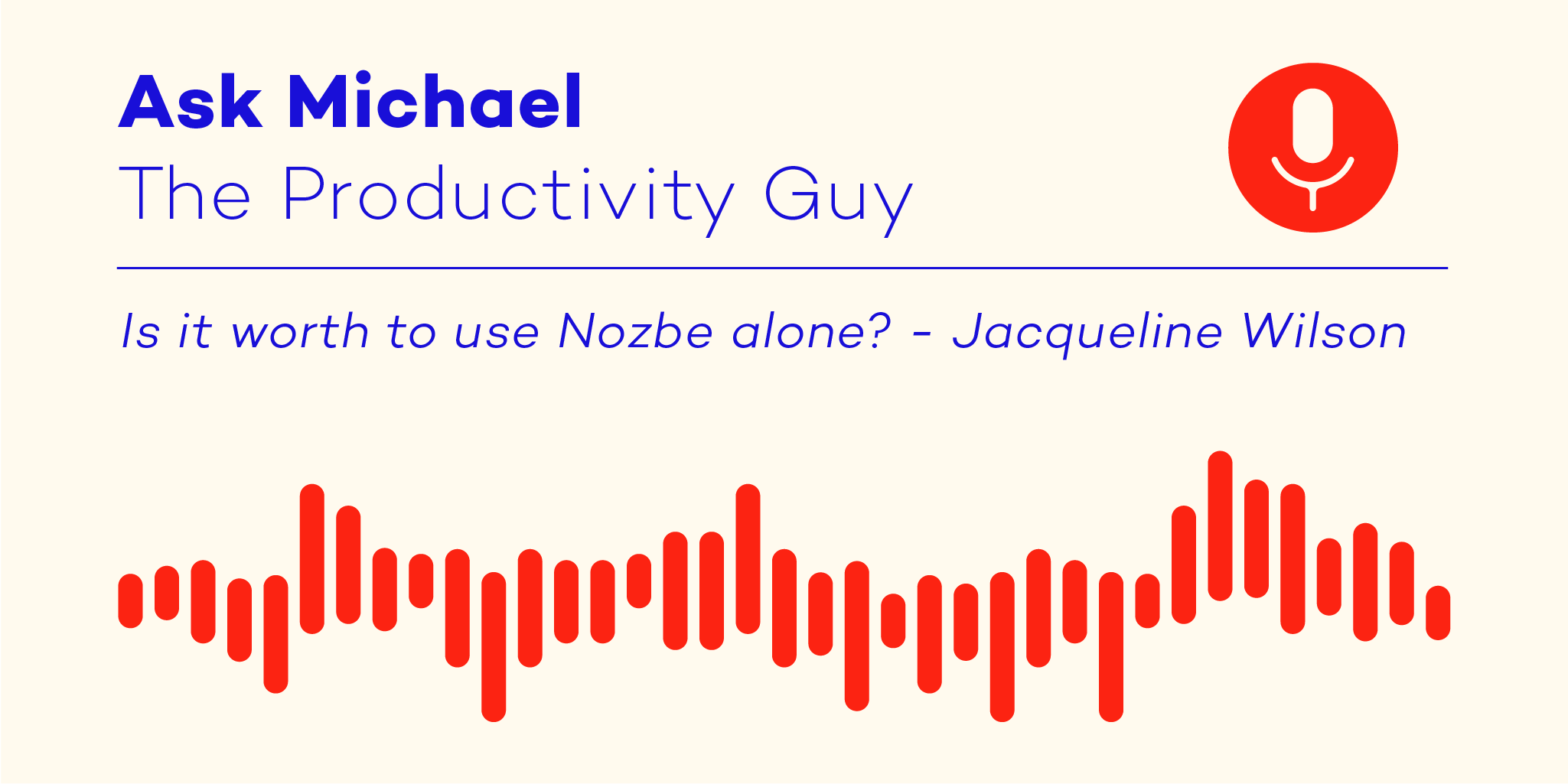
Here is the recording of the 2nd live session dedicated to remote work. In this episode, Michael, Nozbe CEO, and Radek, Nozbe’s VP of Engineering, share their experience with working from home effectively. They explain which tools and apps to use to help you adapt to this new situation and get your work done at home.



